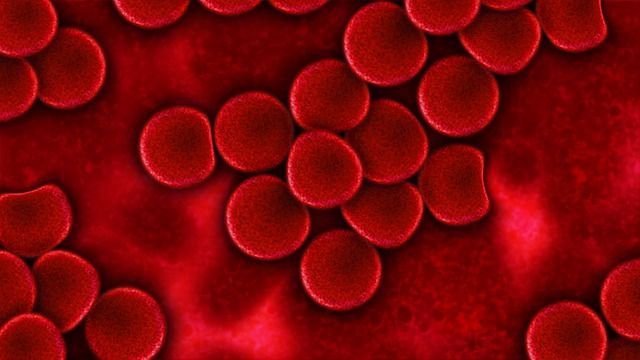Chronic Lymphocytic Leukemia Research 2017: Identification Of Leukemia Risk Genes May Help Us Better Treat The Disease

Chronic lymphocytic leukemia (CLL) may be the most common form of blood cancer, but it's not well understood. However, a new study from The Institute of Cancer Research London has provided important new information; researchers identified a group of gene variants that increase a person's risk of developing CLL. The finding may help scientists prevent or better treat the disease.
Scientists linked the risk of developing CLL to nine regions of DNA. These new variants were each associated with increasing the risk of the cancer by up to 17 percent. Scientists have now found a total of 41 DNA changes believed to directly influence the risk of developing CLL. The team believe that understanding its genetics may help researchers develop better treatments and make current treatments more efficient.
Read: Chronic Myeloid Leukemia Combination Treatment Could Cure Disease At Affordable Price
What’s particularly interesting about the new genes is that five of them are connected with helping white blood cells fight disease, and two fell within regions of DNA already linked to autoimmune diseases such as multiple sclerosis and lupus.
"CLL is essentially a disease of the immune system, and it's fascinating that so many of the new genetic variants we have uncovered seem to directly affect the behaviour of white blood cells and their ability to fight disease,” explained study co-leader Dr. Richard Houlston in a statement.
This research is timely because CLL is incurable, and estimated to be diagnosed in about 18,900 people in the U.S. each year, Cancer.net reported. Around 4,660 will die from the disease before the year's end.
According to the American Cancer Organization, this form of cancer starts in the white blood cells in the bone marrow before spreading to the blood. This cancer often grows without causing other symptoms for many years, which gives it time to spread to other parts of the body.
“This important research provides another valuable layer in understanding how genetic variations cause CLL to develop,” concluded Dr. Alasdair Rankin, Director of Research at Bloodwise, the charity that funded this research, in a statement. “We are beginning to gain a detailed picture of what drives this disease, and we hope this eventually leads to more accurate diagnosis and more informed personalised treatment for people affected by CLL."
Source: Law PJ. Berndt SI, Slager S, et al. Genome-wide association analysis implicates dysregulation of immunity genes in chronic lymphocytic leukaemia. Nature Communications. 2017
Read:
Previously Untested Cell Therapy Saves Baby With 'Incurable' Cancer



























